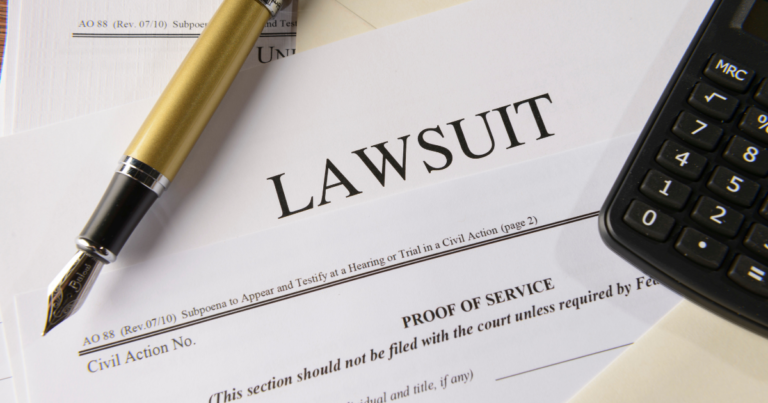Cooper Tire & Rubber Co. v. McCall, No. 21-926
Question Presented
Whether an out-of-state corporate defendant’s registration to do business in a State should be deemed consent to that State’s general jurisdiction.
Case Background
Imposing limits on the ability of state and federal courts to assert jurisdiction over out-of-state defendants is fundamental to due process—what the Supreme Court famously described in International Shoe Co. v. Washington, 326 U.S. 310, 316 (1945), as “fair play and substantial justice.” International Shoe and its progeny, particularly Supreme Court decisions during the past 10 years, have refined and narrowed the criteria governing the circumstances under which a State’s courts can assert “personal jurisdiction” over an out-of-state corporation.
Under these recent precedents, a court can assert “general” or “all-purpose” jurisdiction over a corporation only in a State where the corporation is “at home”—typically where the corporation is incorporated and/or has its principal place of business. The Supreme Court, however, never has explicitly overruled a century-old opinion, Pennsylvania Fire Insurance Co. of Philadelphia v. Gold Issue Mining and Milling Co., 243 U.S. 93 (1917), which essentially held that a corporation’s registration to do business in a State is deemed consent to the State’s general jurisdiction. As a practical matter, consent to a State’s general jurisdiction means that a corporation can be sued in that State for any and all claims no matter where the plaintiff’s cause of action arose or how remote the State’s connection is to the plaintiff’s claims.
There is a longtime split of authority concerning whether Pennsylvania Fire is still good law in light of the Court’s modern personal jurisdiction precedents. The Georgia Supreme Court’s September 2021 opinion in Cooper Tire & Rubber Co. v. McCall, a case involving a Florida automobile accident allegedly caused by a defective tire, held that it was proper to hale into Georgia state court the tire’s out-of-state manufacturer merely because it is registered to do business in that State. The Georgia Supreme Court’s decision, which asserts that Pennsylvania Fire is a binding precedent that the Supreme Court never has overruled, reinvigorates the split of authority concerning consent-by-registration to a State’s general jurisdiction. The tire manufacturer’s certiorari petition requests the U.S. Supreme Court to address the issue, and in so doing, hold that Pennsylvania Fire has been abrogated by subsequent Supreme Court decisions, beginning with International Shoe.
ALF Amicus Brief
Capital Appellate Advocacy founder Larry Ebner, who serves as the Atlantic Legal Foundation‘s Executive Vice President & General Counsel, authored an amicus brief urging the Supreme Court to grant certiorari and explicitly overrule Pennsylvania Fire. The brief argues that overruling Pennsylvania Fire comports with the Court’s stare decisis principles, which guide the Court in deciding whether it should overturn one of its own prior decisions. In addition, the brief explains that the Georgia Supreme Court’s decision and others that adhere to Pennsylvania Fire are an invitation to “forum-shopping” attorneys who hope to sue major corporations in plaintiff-friendly state courts that have no direct connection to an individual, mass-action, or class-action case.
For more information about personal jurisdiction, see Larry Ebner’s amicus briefs in IQVIA v. Mussat and in Bristol-Myers Squibb v. Superior Court of California. Readers also may be interested in Larry’s Law360 Expert Analysis, Tough Times for Forum Shoppers, and his Legal Backgrounder, The Fuss Over Stare Decisis.

